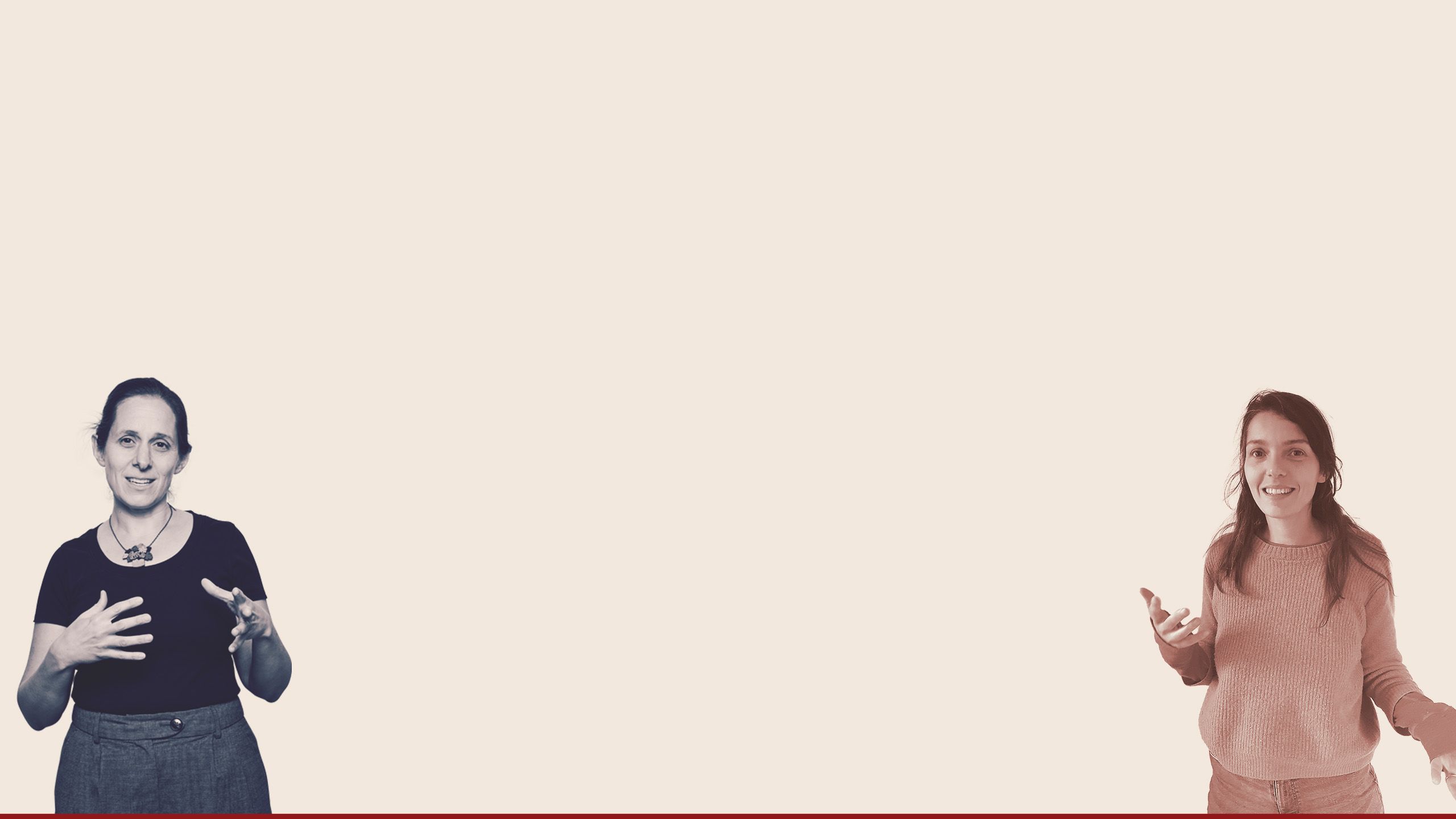Looking at the data differently to highlight those left in the cold

In recent years, the climate crisis and global events have put sustainable energy at the top of agendas all over the world. But while debate rages about what the future should look like and how we can get there, Professor Lucie Middlemiss and Dr Diana Ivanova from the University’s Sustainability Research Institute have been conducting research into how energy and environmental policies can disadvantage people living with disabilities.
Rising temperatures. More frequent extreme weather events. The COP26 summit of 2021. Russia’s invasion of Ukraine a few months later.
Over the last two or three years, interest in sustainable energy challenges – as well as the opportunities they could present – has never been greater.
After all, they intersect with almost every aspect of our lives, from the way we heat our homes to how our food is sourced and our means of getting from A to B.
And yet, something is being missed among all the conversations, plans and investments: the lives, requirements and circumstances of disabled people.
Professor Lucie Middlemiss and Dr Diana Ivanova from the Sustainability Research Institute in the School of Earth and Environment at the University of Leeds, have teamed up to highlight some potentially damaging data gaps.
“We took on this project because of a mutual interest in disability and the way in which environmental thinkers tend to ignore disability, and the people that experience it,” explained Professor Lucie Middlemiss.
“In the EU, almost one in four people have a disability. So when we think about that number of people and the fact we’re not really contemplating what their needs are when we design policy for environmental change, that’s a big problem.”
Stark statistics. Invisible injustice.

But while the limitations of available data may be indicative of the very challenges Lucie and Diana are so passionate about, the impacts of policymakers’ blind spots when it comes to the energy usage and needs of disabled people can be much more harmful.
Their study revealed that disabled households in the EU were consuming 10% less energy than other households, and were 5% more likely to experience energy poverty.
Crucially, this did not mean that disabled people were ‘choosing’ to use less energy than those who were non-disabled; their consumption for basic needs and services like food, heating and water were similar to other households, but they had far lower energy use for leisure services such as recreation, hotels, restaurants and travel services.
Lower energy consumption for mobility and lower energy spending on leisure further indicate that disabled people have fewer opportunities to engage in fun, relaxing activities that require energy consumption.
Perhaps most worrying of all, similar energy usage levels for basic, essential needs between disabled and non-disabled households of the same income indicates that disabled households may be under-consuming out of financial necessity – as disabled people often depend on life-supporting machinery or must wash more frequently for example.
Diana explained that in some cases, the lower incomes of disabled people were associated with lower spending and lower consumption, but also higher energy need. That leads to strong injustices and could affect wellbeing in important ways.
“This is really the kind of problem that we wanted to shed more light on,” Diana said.
Problems today and tomorrow

The pair’s research also highlighted issues that could be stumbling blocks to governments who might not factor in the specific needs of disabled people when making policy decisions.
“Environmental policy focuses on changing the way we get around, usually moving away from personal transport in cars and moving towards either active transport like walking and cycling or public transport,” Lucie noted.
“But active transport and public transport can be really challenging for people who have mobility impairments.”
“And it’s a big problem if you're somebody who really needs a car because that's the only way you can get from place to place safely and quickly”.
Lucie went on to explain that we need people with those kind of impairments to be included in a more environmentally sustainable future, and to still be allowed to have access to a car when active transport is heavily promoted.
Professor Middlemiss and Dr Ivanova also reported that disabled people may be more vulnerable to the consequences of climate change – another indication that their unique circumstances merit more attention from policymakers.
In fact, research into mental illness during heatwaves by North American academics found that during a 2021 heatwave in British Columbia, those with schizophrenia were three times more likely to die during the event than in normal summer weather, while depression was associated with almost twice the chance of death from heat.
“These are just two examples of how disproportionately disabled people may be affected by climate change, and certainly our study aims to inspire further research into these kind of outcomes,” Diana said.
Spearheading a shift in perspective

The heightened interest in climate-related topics is no bad thing for researchers in this field.
“Funding opportunities are certainly coming thick and fast at the minute, because I think there’s a recognition that we need to think about why people do or do not – or can or cannot – engage in environmental actions,” Lucie said.
“So there’s still a way to go to get policymakers to put issues of justice at the core, and not just think about technical or economic challenges to achieve a sustainable energy future.”
The pair’s hope is that in the future, leaders will consider how environmental policies will affect disabled people before enacting them, in order to prevent further marginalisation.
“Our message to policymakers is that we need to address disability and energy policy in conjunction,” Diana explained.
“There are plenty of opportunities out there if those responsible think about both issues together. For example policies providing support for disabled people to insulate their homes has a huge potential to improve wellbeing”.
Listen to Lucie discuss how we can make sure everyone has a warm home on the University’s ‘How to fix’ podcast.
About Lucie
Lucie Middlemiss is a Professor of Environment and Society in the School of Earth and Environment at the University of Leeds.
She quite literally wrote the textbook on Sustainable Consumption (Routledge, 2018), and her research interests also include energy poverty and participation in sustainable development.
Recently she has been working with partners in Leeds City Council and elsewhere, to address fuel poverty, to think about what motivates people to get involved in energy retrofit, and to think more broadly about how to ensure people are appropriately included in a transition to Net Zero.
About Diana
Dr Diana Ivanova is a Research Fellow in the School of Earth and Environment at the University of Leeds.
Diana is the recipient of an individual fellowship funded by the European Commission on The potential for Sharing Resources for mitigating carbon emissions and other environmental impacts (ShaRe).
Her research focuses on the environmental impacts embodied in consumption, particularly energy use and greenhouse gas emissions.
